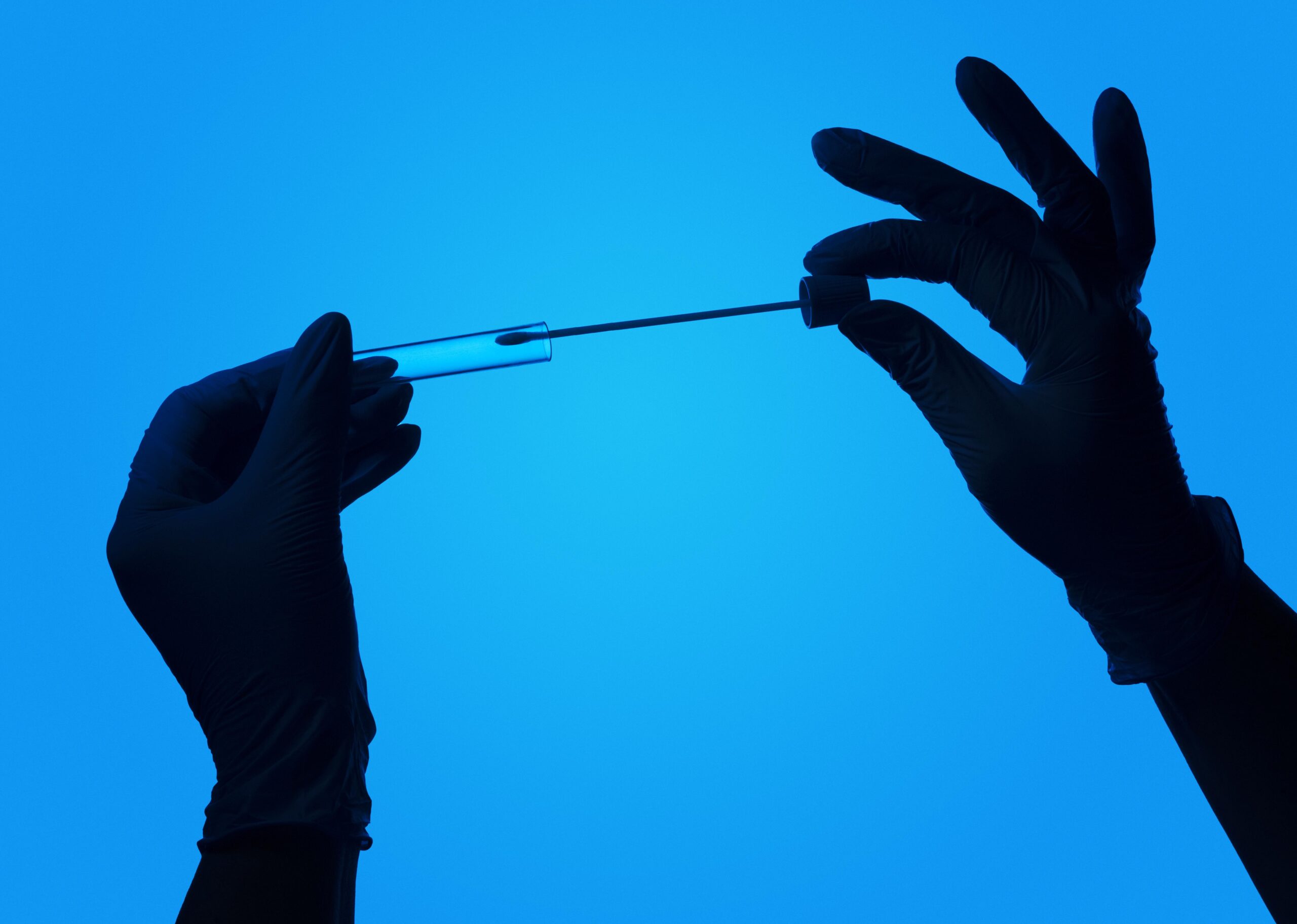A year-plus of research, testing, and new coronavirus information have moved us along throughout this pandemic. This information has helped by teaching us about the life-saving safety precautions necessary to live in a world with COVID-19. Coronavirus cases are still high and prevalent among individuals throughout the county and the world, but regular testing can help curb infection rates and keep people healthy. Getting tested when you feel sick before you visit an at-risk person or after coming in contact with someone infected can help stop the spread of coronavirus. Other mitigation measures like wearing masks and washing your hands can also help keep everyone safe while allowing us to continue safely reopening society.
The Crucial Role Testing Plays in Virus Mitigation
According to Our World in Data, which is a part of the Global Change Data Lab, the number of average daily tests in the United States was up to 2 million toward the end of September 2021. That number has since dropped but still maintains a steady flow of nearly one million tests per day. In other words, as a society, we know the crucial role that testing plays in controlling this virus. In New Jersey, Governor Phil Murphy requires school employees and state workers to get tested once or twice a week if they are not fully vaccinated against COVID-19. This mandate goes for employees and teachers at both public and private schools for all grades from pre-school to 12th grade. This decision was made to help protect students. As kids return to the classroom, this mandate will help ensure children (particularly those under 12 who, as of October, are not yet eligible for the COVID vaccine) are protected as much as possible in school settings.
Tests Are Now Easily Accessible
Testing has become much easier to get and more available in recent months. It’s one of the best ways to curb COVID spread in communities. You can get tested at your place of work, drive-through clinics, and LabQ Diagnostics locations throughout the country, including in New York and New Jersey. According to NJ.com’s New Jersey coronavirus tracker, more than 19 million COVID tests have been administered in the state since the beginning of the pandemic in 2020, with the highest amount of testing happening in early 2021. We know that receiving a positive COVID test can feel overwhelming, but we also know that asymptomatic cases are nearly impossible to track without frequent testing and can still spread. While asymptomatic people are less likely to spread COVID-19, they still can spread the virus and can still spread it onto people who are at high risk because of underlying conditions or unvaccinated. Asymptomatic individuals who suspect they were exposed to the virus should get rapid COVID tests to help determine whether they are infected. Then, continuing on the path back to safe, normal, frequent testing before and after situations that warrant it is necessary.
Available Tests
Many different kinds of coronavirus tests are now available. According to the Mayo Clinic, there are two main categories of COVID tests available: a PCR test (or molecular test) and an antigen test. PCR tests are the preferred testing method: they are more accurate and more fully test for the virus. PCR tests are administered using a long nasal swab to collect a fluid sample to test. PCR tests can also be administered via spit test. An antigen test is also administered using a long nasal swab to collect fluid to test but has a higher chance of a false-negative response. Antigen test results can become available in as little as 15 minutes, which is known as a rapid test. But, it’s important to remember that the results aren’t always the most accurate. Therefore, if you’re experiencing symptoms, it’s still important to practice virus mitigation measures.
Do Your Part
New COVID cases in both New York and New Jersey are dropping. Throughout the country, cases are down 25 percent from mid-September, according to The New York Times COVID tracker. Frequent testing and the other science-proven safety methods that we have learned so well over the past year-plus are working. Help keep this trend up by doing your part: get tested when necessary, wear your mask, wash your hands, and get vaccinated if you’re able.


